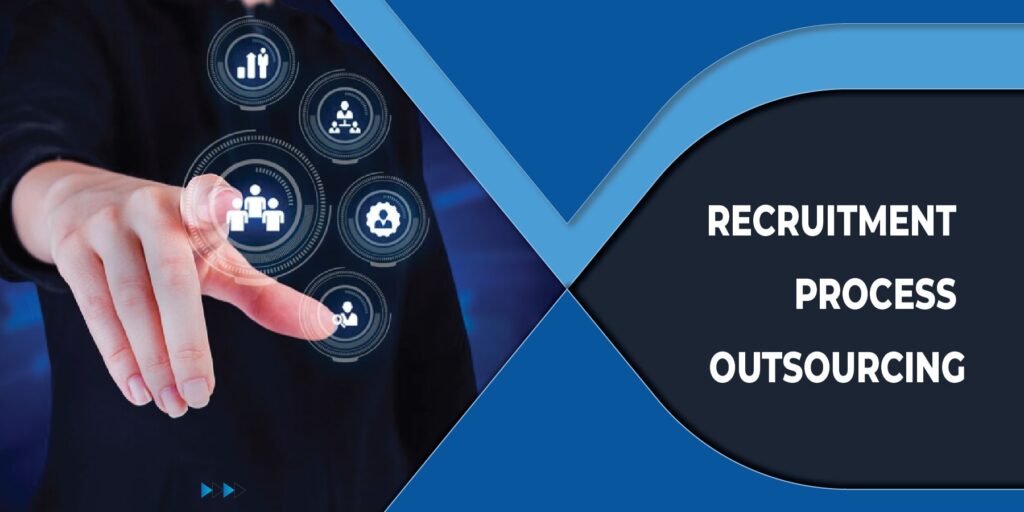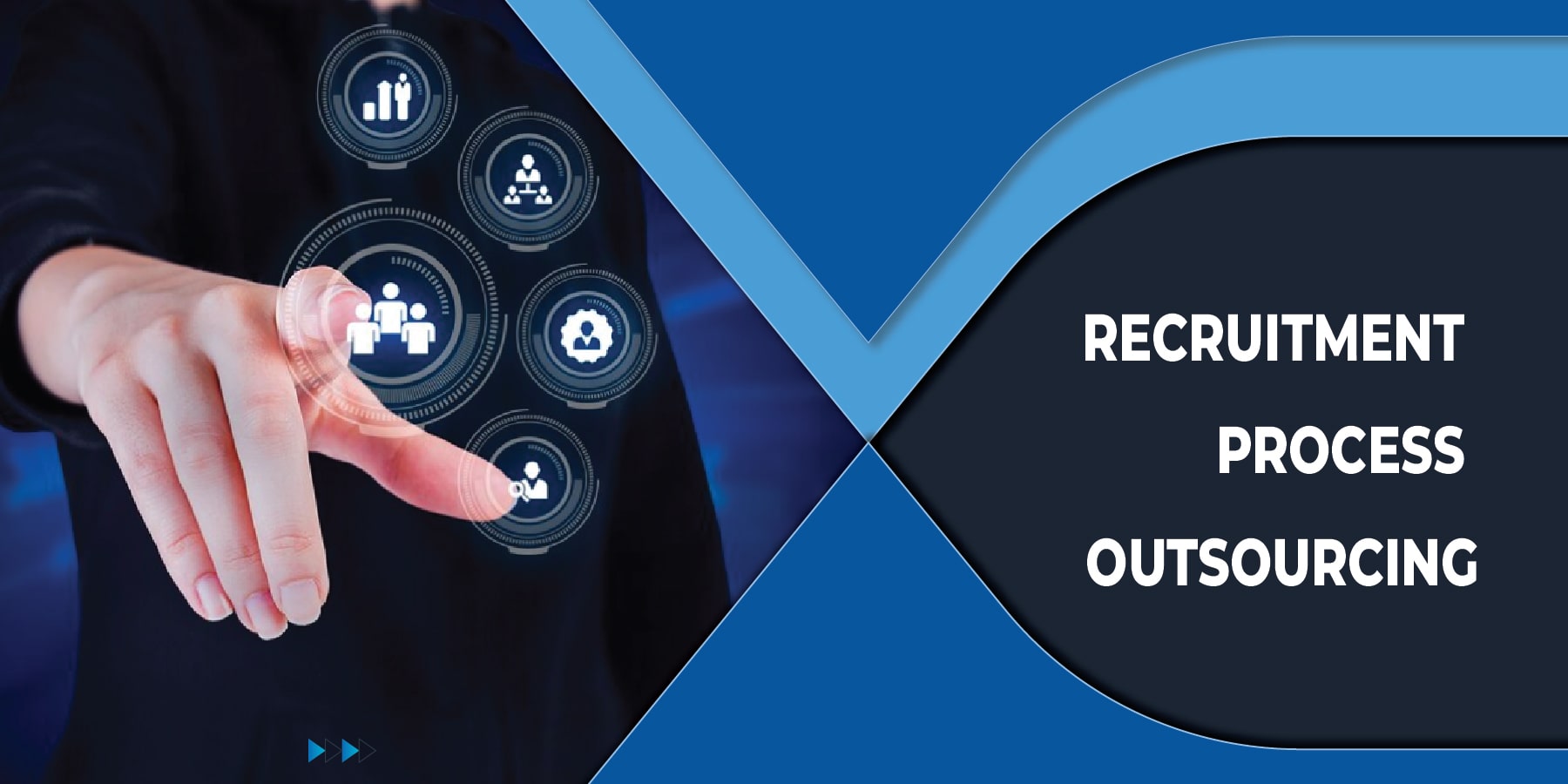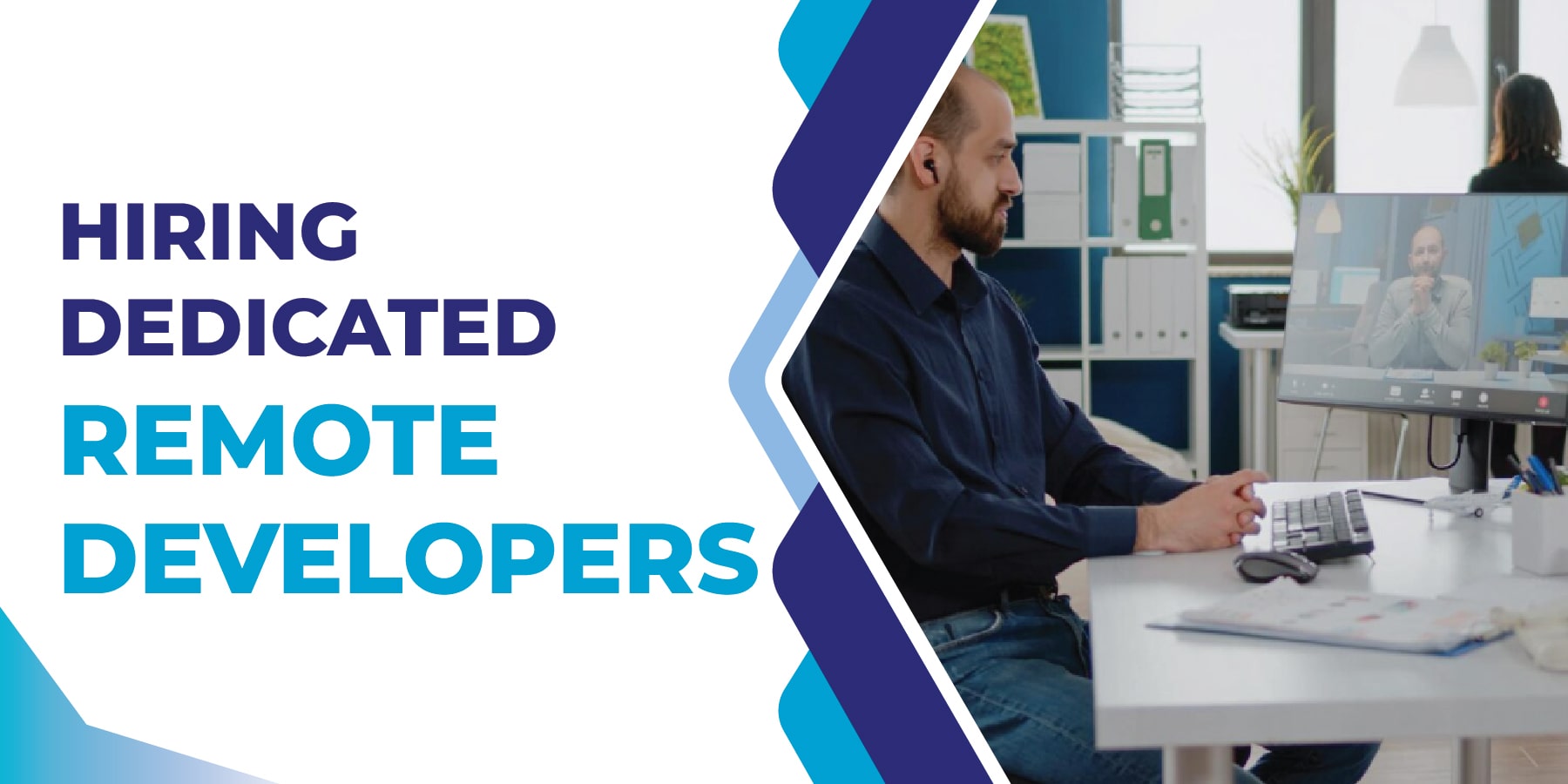
As a business owner, one of the most critical decisions you will make is how to recruit and hire top talent for your organization effectively. With the rise of technology and globalization, the recruitment landscape has evolved significantly, offering various options to streamline the hiring process. Two popular choices are recruitment process outsourcing (RPO) and staffing agencies.
In this article, I will delve into the differences between RPO vs staffing agency, their benefits and drawbacks, and help you determine which option is best suited for your business.
What is Recruitment Process Outsourcing?
E-recruitment process outsourcing (RPO) is a form of business process outsourcing where an external provider manages some or all aspects of a company’s e-recruitment process. This can include sourcing candidates, screening resumes, conducting interviews, and onboarding new hires. RPO providers typically work closely with clients to understand their hiring needs and develop a customized recruitment strategy.
What is a Staffing Agency?
A staffing agency, also known as a recruitment agency or employment agency, is a firm that matches job seekers with employers. Staffing agencies typically have a pool of pre-screened candidates to place in temporary, contract, or permanent positions quickly. They act as intermediaries between job seekers and companies looking to hire, handling the e-recruitment process on behalf of their clients.
RPO vs. Staffing Agency: Key Differences
1. Scope of Services
- RPO providers offer end-to-end recruitment solutions, managing the entire hiring process from start to finish.
- Staffing agencies focus on filling specific job openings with qualified candidates, often on a temporary or contract basis.
2. Relationship with Clients
- RPO providers typically work closely with clients to understand their business goals and culture, acting as strategic partners in talent acquisition.
- Staffing agencies have a transactional relationship with clients, focusing on filling immediate staffing needs rather than long-term recruitment strategies.
3. Cost Structure
- RPO services are usually priced per hire or on a project basis, offering more predictable costs for recruitment efforts.
- Staffing agencies charge a fee based on the salary of the hired candidate or a percentage of the contract value, which can vary depending on the position and duration of employment.
4. Expertise and Resources
- RPO providers often have higher expertise in recruitment strategies and processes, using advanced technologies and methodologies to source, attract, and retain top talent.
- Staffing agencies may specialize in specific industries or job types, providing quick access to a pool of candidates but with less emphasis on advanced recruitment technologies or methodologies.
5. Flexibility and Scalability
- RPO solutions are designed to be flexible and scalable, adjusting to the business’s changing needs and recruitment demands.
- Staffing agencies offer immediate solutions for filling vacancies but may need to be equipped to scale up or down as rapidly as the client’s requirements change.
6. Long-term Impact on Employer Brand
- RPO providers can positively impact an employer’s brand by ensuring a high-quality candidate experience and aligning recruitment practices with the company’s culture and values.
- While staffing agencies can contribute positively to filling immediate needs, they may have less influence on the employer’s brand perception in the long term, given their focus on short-term placements.
7. Compliance and Risk Management
- RPO providers typically take on more responsibility for compliance with employment laws and regulations, reducing the legal risks for clients.
- Staffing agencies also adhere to employment laws. Still, the responsibility for compliance often remains more directly with the employer, especially in the case of long-term employment law and regulatory changes.
Benefits of RPO
E-recruitment process outsourcing offer several advantages for businesses looking to streamline their hiring process and attract top talent:
- Access to specialized expertise and technology for recruitment.
- Scalability to handle fluctuating hiring needs efficiently.
- Improved candidate quality and retention rates.
- Cost savings compared to traditional recruitment methods.
Benefits of Staffing Agencies
Staffing agencies also provide unique benefits for businesses seeking to fill immediate staffing needs:
- Quick access to a pool of pre-screened candidates.
- Flexibility to hire temporary or contract workers for short-term projects.
- Reduced administrative burden on internal HR teams.
- Cost-effective solution for short-term staffing needs.
Which Option is Best for Your Business?
When deciding between RPO and staffing agencies, consider the following factors:
1. Quality of Candidates
RPOs often invest in building relationships and understanding your business deeply, potentially leading to higher-quality candidate matches. Staffing agencies may excel at rapid placements, especially for temporary or specialized roles.
2. Flexibility and Scalability
Assess the flexibility of both options to scale up or down based on your fluctuating hiring needs. RPO solutions might offer more scalable models for large or growing organizations, whereas staffing agencies could be more suitable for ad-hoc or seasonal hiring.
3. Technology and Innovation
Consider the technological capabilities offered by the RPO or staffing agency, such as AI-driven applicant tracking systems and recruitment analytics. An RPO might provide more advanced technology solutions to optimize the recruitment process.
4. Compliance and Risk Management
Evaluate each option’s ability to manage compliance with labor laws and regulations, which is crucial to mitigating legal risks. RPO providers might have more robust processes to ensure compliance across various jurisdictions.
5. Industry Expertise
Look for providers with a strong track record and expertise in your industry. An RPO might offer teams specialized in your sector, whereas staffing agencies could have broader, though less specialized, networks.
6. Candidate Experience
The e-recruitment process significantly impacts your brand. An RPO offers a more candidate-centric approach, enhancing your employer’s brand, while staffing agencies focus on speed and volume.
7. Reporting and Analytics
Detailed reporting and analytics can help refine your recruitment strategy. RPOs typically offer comprehensive analytics on the e-recruitment process, candidate sources, and hiring efficiency, aiding in strategic decision-making.
8. Partnership and Integration
Consider the level of partnership and integration with your internal teams. An RPO usually integrates closely with your HR department, functioning as an extension of your team, whereas staffing agencies may operate more independently.
Ultimately, the best option for your business will depend on your unique hiring goals, budget constraints, and organizational culture. RPO and staffing agencies offer valuable solutions for attracting top talent and streamlining recruitment. By carefully evaluating your needs and weighing the benefits of each option, you can make an informed decision that aligns with your business objectives.
Conclusion
Choosing between recruitment process outsourcing and staffing agencies is a critical decision that can impact your business’s success. By understanding each option’s key differences, benefits, and considerations, you can make an informed choice that aligns with your hiring goals and budget constraints.
Whether you opt for the comprehensive services of an RPO provider like Recruit Ninjas or the quick solutions of a staffing agency, both options offer valuable resources for attracting top talent and building a strong workforce for your organization.
Andrew Gray
Andrew Gray is the Senior Operations Manager at Vserve Amazon Listing Services, a position he's held since 2021. He is renowned for operational excellence, leading teams to achieve sales growth and enhanced customer service. Andrew's role is crucial in optimizing the company's operations and maintaining its reputation for efficient back-office solutions.





 How to Transform Your Hiring Strategy with Recruitment Process Outsourcing: A Beginner’s Guide!
How to Transform Your Hiring Strategy with Recruitment Process Outsourcing: A Beginner’s Guide! Single Developer or Team? How to Make the Right Choice When Hiring Dedicated Remote Developers
Single Developer or Team? How to Make the Right Choice When Hiring Dedicated Remote Developers